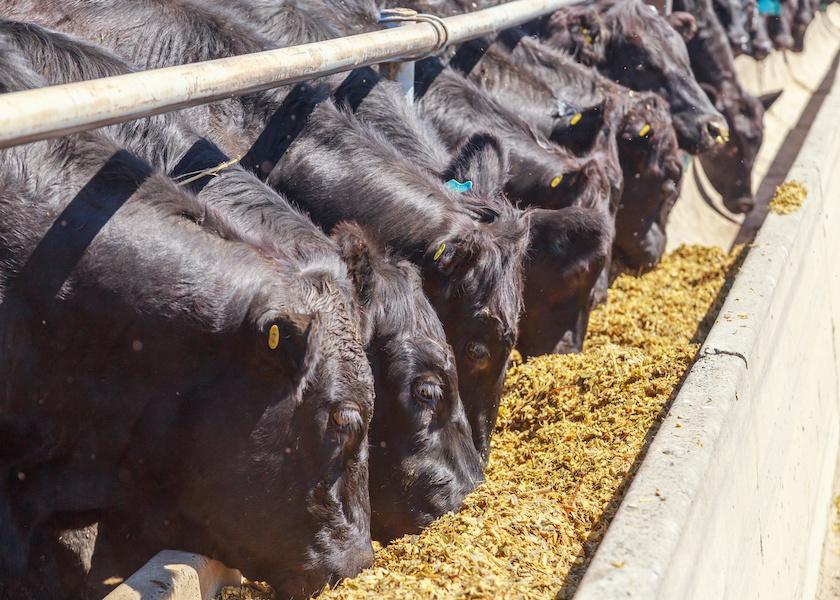Study: Grass-Fed Beef Isn’t More Climate-Friendly Than Traditional Grain-Fed Meat

The reason is largely because of the amount of land needed for grazing, according to a study that could impact policymaking to mitigate agriculture emissions. A study based on reviews of 100 beef production operations across 16 countries reveals that claims of low-carbon beef often overlook a significant factor: the carbon opportunity cost of land use. The research, led by Daniel Blaustein-Rejto, director of food and agriculture at the Breakthrough Institute, examined the carbon footprint of beef production.
The study highlights that to accurately assess the carbon footprint of beef production, land use impacts must be considered. Specifically, the study compared the relative carbon footprint of grass-fed beef, where cattle consume grass and forage, with grain-fed beef produced in feedlots. It found that beef from pasture-finished operations, which rely more on grazing, produces 20% higher greenhouse gas emissions and has a 42% higher carbon footprint than beef from feedlot operations.
This difference arises primarily in the “finishing stage” for cattle, where pasture-finished cattle continue to eat hay and grasses until they reach slaughter weight, while some cattle in feedlot operations are transitioned to a grain-based diet.
The study also emphasizes that grass-fed and other pasture-finished operations can displace native ecosystems and reduce land available for restoration efforts, such as tree planting. Some mitigation measures to reduce emissions include improved grazing management and breeding animals more resistant to disease and heat.
The findings have implications for policy strategies aimed at mitigating emissions from beef production, as beef-related emissions account for a significant portion of global greenhouse gas emissions, ranging from 6% to 14.5% based on various estimates.







